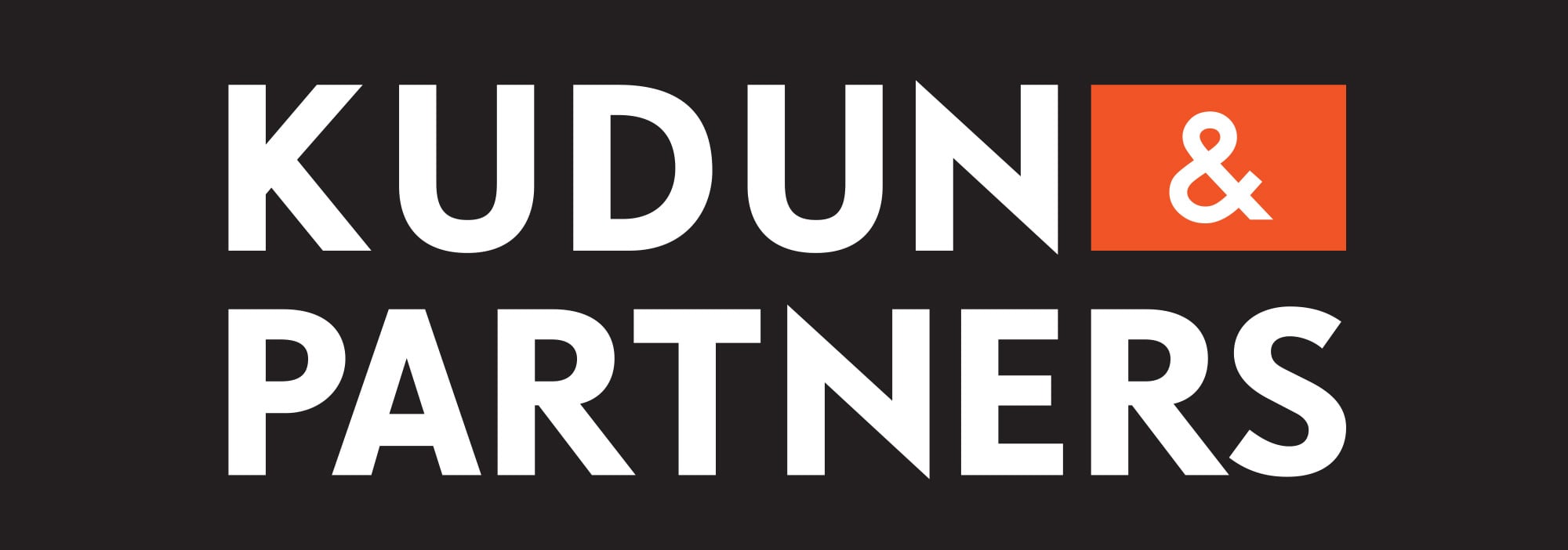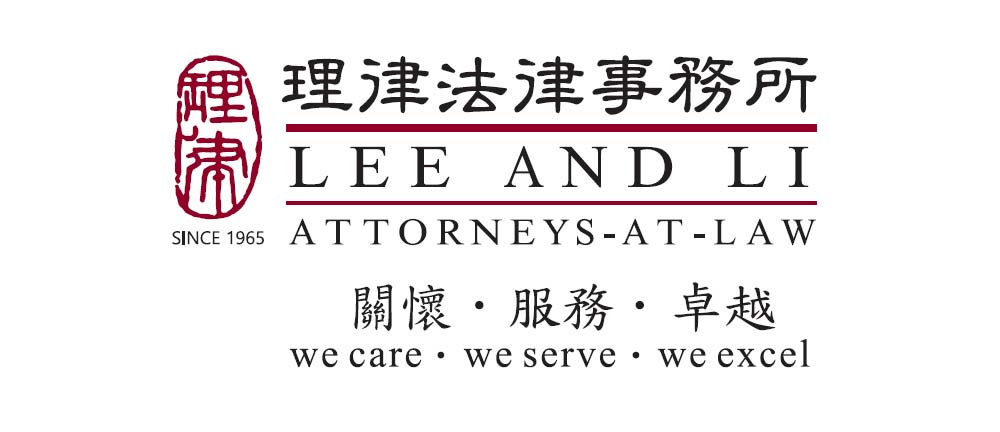When it comes to starting a new business in Myanmar or expanding an existing one, what steps should be taken?
It is important to note that despite the ongoing liberalization process, foreign investors may experience investment restrictions even in sectors which should be open to investments. Whether due to outdated laws, lack of clear regulations or unofficial policies, many business activities and licenses will in practice still only be available to Myanmar citizens or permitted for Myanmar companies. It is therefore of utmost importance to confirm prior to any investment or expansion that the intended activities can indeed be carried out.
If the intended business is permitted, the applicable legal requirements (e.g. joint venture with a Myanmar partner), approvals (e.g. by the line ministry) or licenses should be confirmed with the relevant authorities. If a joint venture with a Myanmar partner is required, a proper due diligence on the partner is advisable.
The establishment of a business in Myanmar has become reasonably fast. Companies can be established within a matter of days, and even large investments requiring ministerial approval and a permit of the Myanmar Investment Commission will often be approved within a few months.
Once the new business has been established and commenced operations, investors should ensure proper legal and regulatory compliance (including corporate, tax and labour compliance), which can at times be more complex and difficult than in other countries due to outdated, often manual procedures of the relevant authorities.
What are the most common forms of legal entities in Myanmar?
As in most jurisdictions, foreign corporations are not allowed to carry out activities in Myanmar without having registered a legal presence in the country. The relevant legal restrictions can be found in various laws, such as the Myanmar Investment Law (2016) and the Myanmar Companies Law (2017), which stipulate registration requirements for foreign corporations wishing to establish a place of business or carry out business in Myanmar.
Foreign investors tend to establish a private Company Limited by Shares for their business activities in Myanmar. A Company is a fully-fledged, independent legal entity providing for limited liability of its shareholders, which may carry out any legal business activities in accordance with the laws of Myanmar.
It is also possible to register a branch office of a foreign corporation in Myanmar. This can be beneficial for shorter-term projects or investments in certain sectors (such as finance or insurance), but generally does offer few benefits over a limited company.
When registering a business presence in Myanmar, generally three options exist:
· Registration (only) under the Myanmar Companies Law (2017);
· (Additional) registration under the Myanmar Investment Law (2016); or
· (Additional) registration under the Special Economic Zone Law (2014) for businesses located in a Special Economic Zone.
What labour and employment laws should be considered when expanding into Myanmar?
Myanmar employment law is governed by both old and new laws and regulations, as well as internal policies and practices of the Department of Labour of the Ministry of Labour, Immigration and Population. Many laws dating back to the colonial and post-independence periods are, with more or less changes, still in force.
Since its political and economic opening, Myanmar has embarked on a comprehensive reform process and is currently overhauling its legal framework. Existing laws were revised or replaced, and new laws enacted. In practice, employer-employee relationships are, however, heavily influenced by the policies and practices of the Ministry of Labour, Immigration and Population. Regulations and notices issued by the Ministry and its departments provide for the interpretation of the existing laws, but also additional requirements imposed on employers and employees.
The authorities in Myanmar remain very employee-friendly, often deciding in favour of the employees. Most notably, labour disputes are however often not (only) addressed in the official labour dispute settlement bodies, but also on social media, posing a considerable reputation risk particularly for international investors.
Are there any available tax credits/incentives when investing in Myanmar?
Tax incentives are available particularly for projects meeting the requirements stipulated in the Myanmar Investment Law (2016) and investments in one of the special economic zones in accordance with the Special Economic Zone Law (2014).
Subject to meeting the requirements set out in the respective laws, investors may be eligible for corporate income tax holidays of up to seven years, import tax and duty exemptions on machinery, equipment and construction materials, deductions for research and development, exemptions for re-invested profits as well as other tax benefits.
When developing a new brand, what copyright or data protection legalities should I be aware of?
Myanmar recently enacted new intellectual property laws, including the Trademark Law (2019), establishing the framework for a comprehensive trademark registration and protection system. Other new laws include the Patent Law (2019), Industrial Design Law (2019) and Copyright Law (2019).
On 28 August 2020, the Ministry of Commerce issued Order No. 63/2020 stipulating the procedures for the new online trademark filing system. The new trademark registration system will be implemented in two phases:
(i) From 1 October 2020, only trademarks already registered with the Registration of Deeds Office and trademarks which have been put to actual use within Myanmar (without any registration) will be accepted for re-filing under the new system; and
(ii) In the second phase, new trademarks may be registered under the new system.
While Order No. 63/2020 remains silent on the duration of the first phase and the commencement date of the second phase, the first phase is expected to last several months.
In comparison, legislation addressing data protection remains very limited and can primarily be found in sector-specific laws (e.g. the Telecommunication Law (2013)). Apart from such sector-specific laws, the Law Protecting the Privacy and Security of Citizens (2017) provides for certain prohibitions, which could be triggered by a misuse of personal data. Further, the Constitution contains general provisions on the protection of privacy and security of communications.
About Luther
Luther provides the full range of legal and tax advisory services in Yangon, Myanmar. With its team of more than 50 professionals, comprising of international and Myanmar lawyers, corporate secretaries and tax advisors, Luther has the competency and expertise necessary to comprehensively assist and advise clients in all stages of the business lifecycle. This includes the structuring of international investments, establishment of Myanmar businesses, ongoing legal and tax advice as well as the dissolution of corporations.
Due to its extensive international and regional experience as a European law firm active in Myanmar and six other Asian countries, Luther is well prepared for the various challenges of the frontier market Myanmar. Since commencing operations in Yangon, Luther has assisted more than 500 clients in Myanmar, including private investors and international corporations, local conglomerates, international development and non-governmental organisations as well as development banks and foreign embassies.
While Luther Myanmar is a full-service law firm with a dedicated M&A and finance team, its key expertise is compliance with Myanmar’s rapidly developing legal and regulatory framework and the challenges resulting from the country’s outdated administrative system.
Firm timeline


 With a career spanning more than 25 years in Asia, Troy has extensive experience in acting as a trusted legal and business advisor to a broad spectrum of Thai and international clients on domestic and cross-border mergers and acquisitions, foreign direct investment and market entry strategies, private equity investments and venture capital, joint ventures, project and corporate financings, real estate developments, energy projects, and general corporate matters. Troy obtained his B.A. and LL.B. degrees from Monash University, Australia, and is admitted to practice law in Australia, Hong Kong, and England & Wales. Based in Bangkok since 1999, Troy is fluent in Thai, and holds dual Thai and Australian citizenship. Prior to joining Kudun and Partners, where he heads the firm’s international practice, Troy was a partner at White & Case in Bangkok and later at Weerawong, Chinnavat & Partners, where he focused on domestic and cross-border investment and general corporate transactions. Troy was also a partner and general counsel of Avalerion Capital, a venture capital firm based in Singapore. In 2019 and 2020, Troy was named in Asia Business Law Journal as one of Thailand’s Top 100 Lawyers. He has also been recognized as a “Leading Lawyer” in Banking and Finance, Projects and Energy by The Legal 500 (2009- 2014) and “praised for his in-depth knowledge and experience of pan-Asian markets” (The Legal 500, 2012) and “respected for his expertise in corporate matters” (IFLR100, 2014).
With a career spanning more than 25 years in Asia, Troy has extensive experience in acting as a trusted legal and business advisor to a broad spectrum of Thai and international clients on domestic and cross-border mergers and acquisitions, foreign direct investment and market entry strategies, private equity investments and venture capital, joint ventures, project and corporate financings, real estate developments, energy projects, and general corporate matters. Troy obtained his B.A. and LL.B. degrees from Monash University, Australia, and is admitted to practice law in Australia, Hong Kong, and England & Wales. Based in Bangkok since 1999, Troy is fluent in Thai, and holds dual Thai and Australian citizenship. Prior to joining Kudun and Partners, where he heads the firm’s international practice, Troy was a partner at White & Case in Bangkok and later at Weerawong, Chinnavat & Partners, where he focused on domestic and cross-border investment and general corporate transactions. Troy was also a partner and general counsel of Avalerion Capital, a venture capital firm based in Singapore. In 2019 and 2020, Troy was named in Asia Business Law Journal as one of Thailand’s Top 100 Lawyers. He has also been recognized as a “Leading Lawyer” in Banking and Finance, Projects and Energy by The Legal 500 (2009- 2014) and “praised for his in-depth knowledge and experience of pan-Asian markets” (The Legal 500, 2012) and “respected for his expertise in corporate matters” (IFLR100, 2014).





